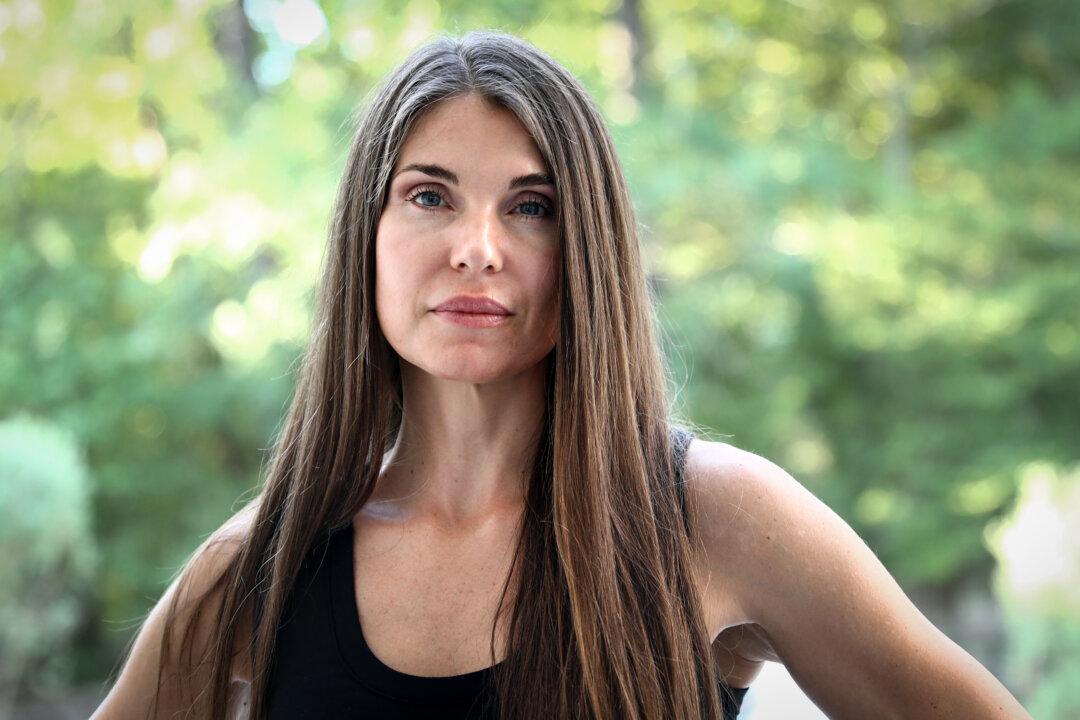Jeffrey Epstein molested her and she didn’t tell a soul for 17 years.
Teresa Helm was 22, and she had already patched her life back together after being sexually abused by a close family member, starting at age 8.


Jeffrey Epstein molested her and she didn’t tell a soul for 17 years.
Teresa Helm was 22, and she had already patched her life back together after being sexually abused by a close family member, starting at age 8.